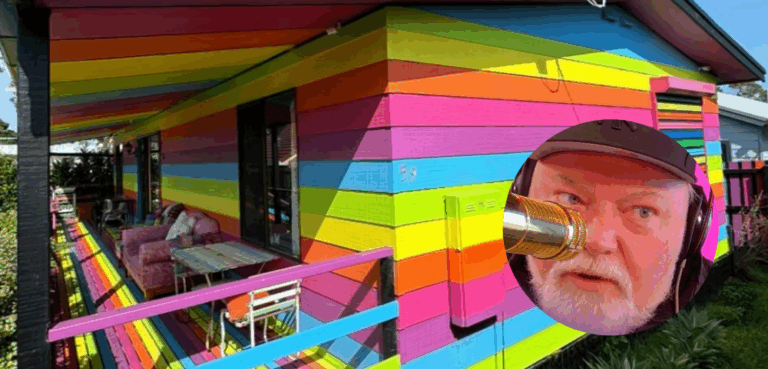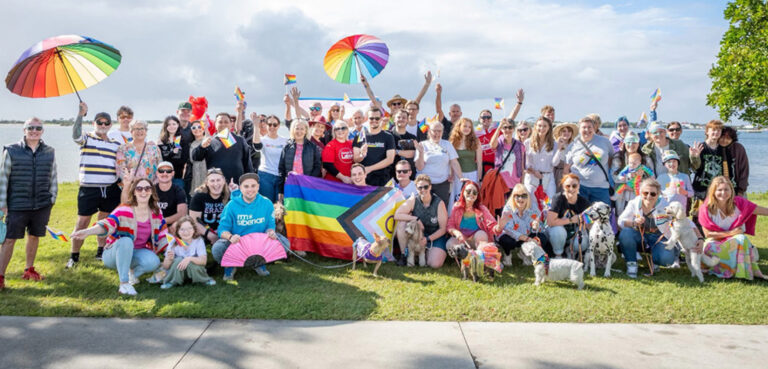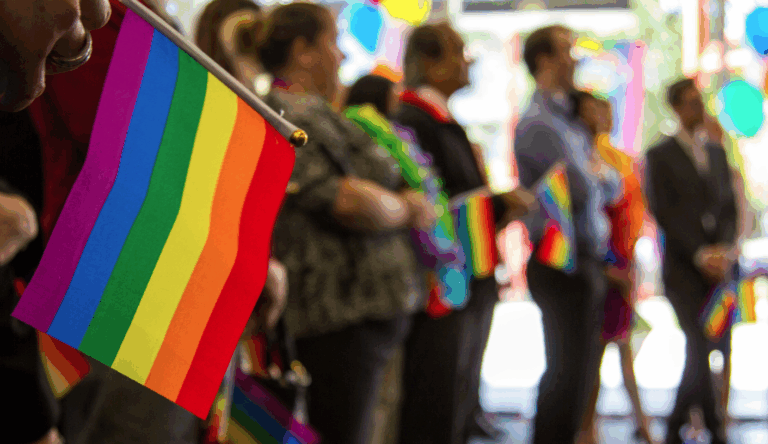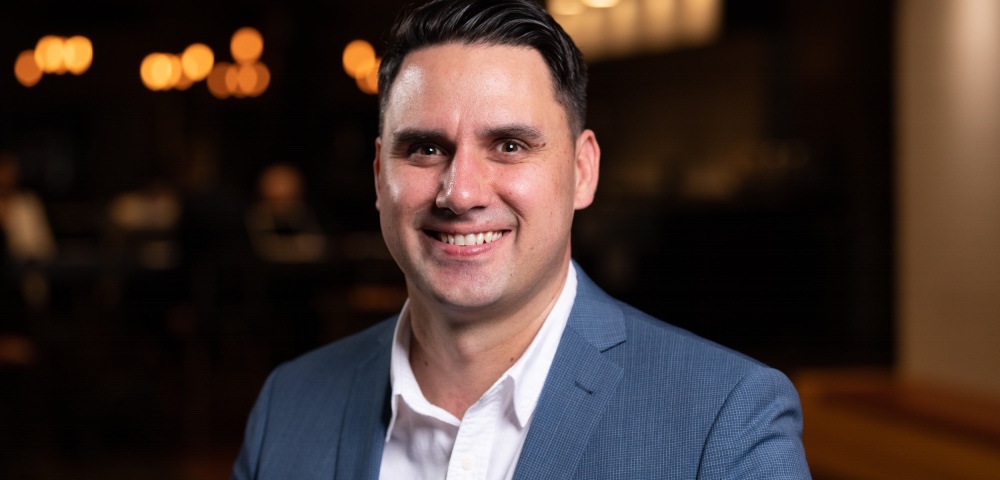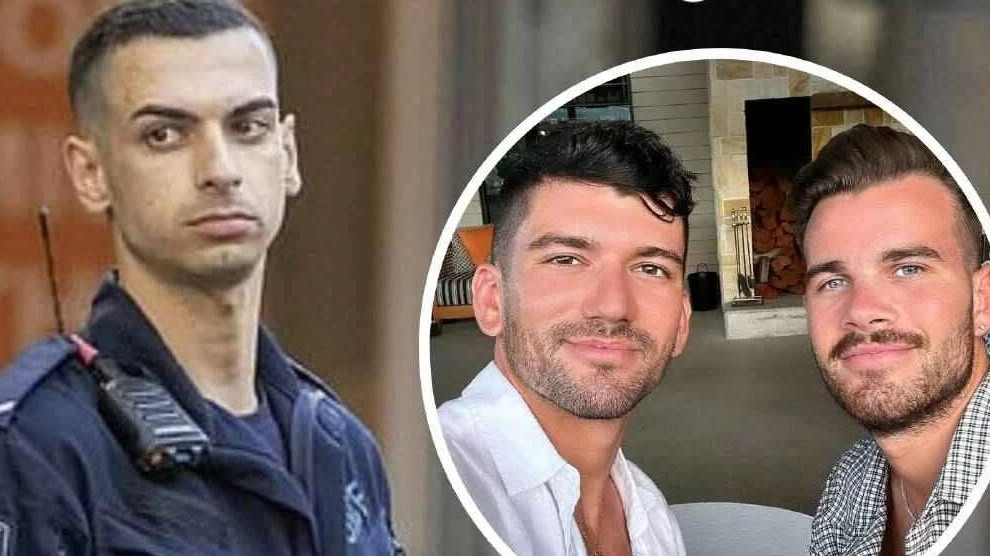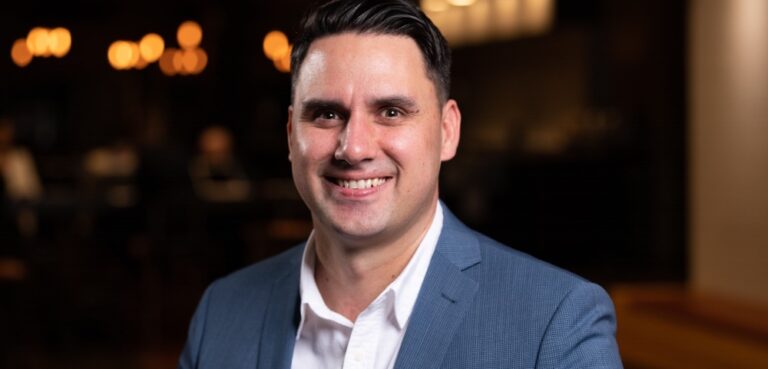
Buildings Across Australia Light Up For LGBTQ Domestic Violence Awareness Day
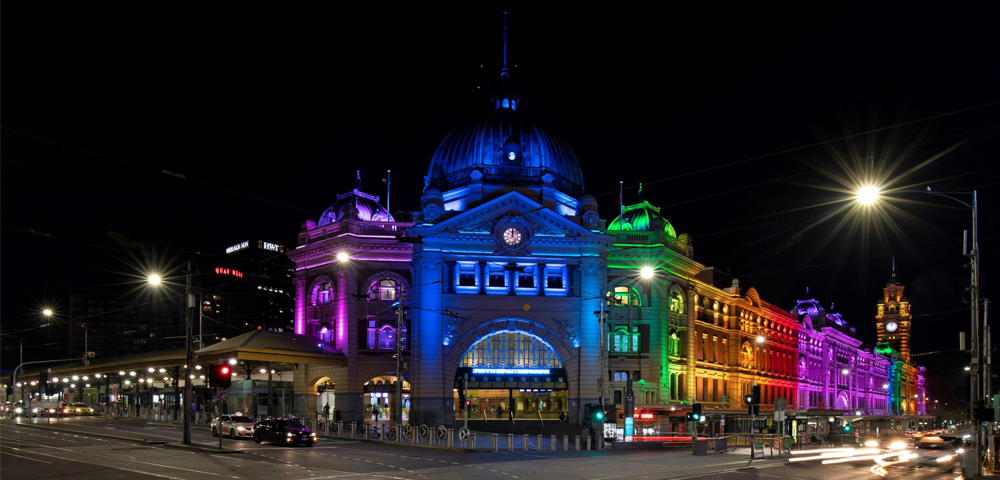
Buildings across Australia will be lit up in rainbow colours tonight as part of LGBTQ Domestic Violence Awareness Day, a powerful national initiative aimed at highlighting the often-overlooked reality of domestic and family violence within LGBTQ+ relationships.
Now in its sixth year, the day serves as both a symbol of solidarity and a call to action.
While rainbow lights may represent pride and celebration, they also signal the urgent need for increased visibility, support, and understanding of LGBTQ+ people who experience abuse.
Buildings and landmarks across the major cities in Australia will tonight be lit with rainbow lights in a show of solidarity and support for this important day.

Shining a light on LGBTQ Domestic Violence
LGBTQ Domestic Violence continues to be an issue in our communities that needs awareness and support as stories about those effected in our community continue to make the news.
The murder of Jesse Baird and Luke Davies in February 2024 made national headlines, with Beau Lamarre-Condon facing two counts of domestic violence related murder for their deaths.
Just months later a Sydney man was charged with murdering his partner, days before the annual LGBTQ Domestic Violence Awareness Day.
The statistics paint a stark picture for LGBTQ Domestic Violence in Australia.
According to the Private Lives 3 Report (2020), more than 60% of LGBTQ+ Australians have experienced domestic or family violence. This figure far surpasses rates reported by heterosexual women (27%) and men (12%), as detailed by the Australian Institute of Health and Welfare (2022).
Yet, despite these numbers, many LGBTQ+ victim-survivors are still met with inadequate or unsafe support options, particularly in rural and regional areas.
“In rural areas, some people tell us their partner is the only one who knows they’re LGBTQ+.”
That kind of isolation gives a person using violence enormous power, and it makes reaching out for help incredibly difficult,” said Ben Bjarnesen, Founder and Managing Director of the LGBTQ Domestic Violence Awareness Foundation.
Bjarnesen, who launched the awareness campaign after his own experience of abuse, shared, “When I was experiencing abuse in my own relationship, I couldn’t find a single service that would support me. I felt invisible. That’s why I started this campaign, because too many LGBTQ+ people are being left behind.”
To combat this, the Foundation has unveiled an expanded national training initiative, See Hear Believe.
Designed for communities, workplaces, and everyday allies, the program provides practical tools to help people identify and respond to violence in LGBTQ+ relationships with empathy and awareness.
“We created See Hear Believe because we need everyone, not just professionals, to understand what abuse can look like in LGBTQ+ relationships and families,” Bjarnesen said. “It’s about friends, colleagues, employers and family members having the confidence to say: ‘I see you. I hear you. I believe you.’”
Comedian and Foundation ambassador Urzila Carlson also lent her voice to the campaign, stating, “You know our anthem ‘we are family’ well let’s look after our family and every member in it and make sure that there are no vulnerable abused members in our families that need us, we need to step up and step in for those who can’t stand for themselves.”
The Honourable Dame Quentin Bryce AD CVO, Patron of the Foundation and former Governor-General of Australia, stressed the importance of societal responsibility.
“For far too long, LGBTQ+ Australians have suffered in silence, because domestic and family violence hasn’t been recognised outside of heterosexual relationships. This must change. More than 60% of LGBTQ+ people experience violence, yet too few know how to recognise or respond. This training is a powerful step forward, helping us all to see the signs, support survivors, and ensure every person is treated with dignity, safety and respect. Awareness saves lives. And change begins with each of us.”
Common forms of abuse in LGBTQ+ relationships can include controlling behaviour masked as concern, threats of ‘outing’, withholding gender-affirming care, and emotional manipulation. These signs can often go unrecognised or be misunderstood, making education and community support vital.
For more information or to access training resources, visit dvafoundation.org.
Confidential support is available through services like QLife and the Rainbow Sexual, Domestic and Family Violence Helpline.


